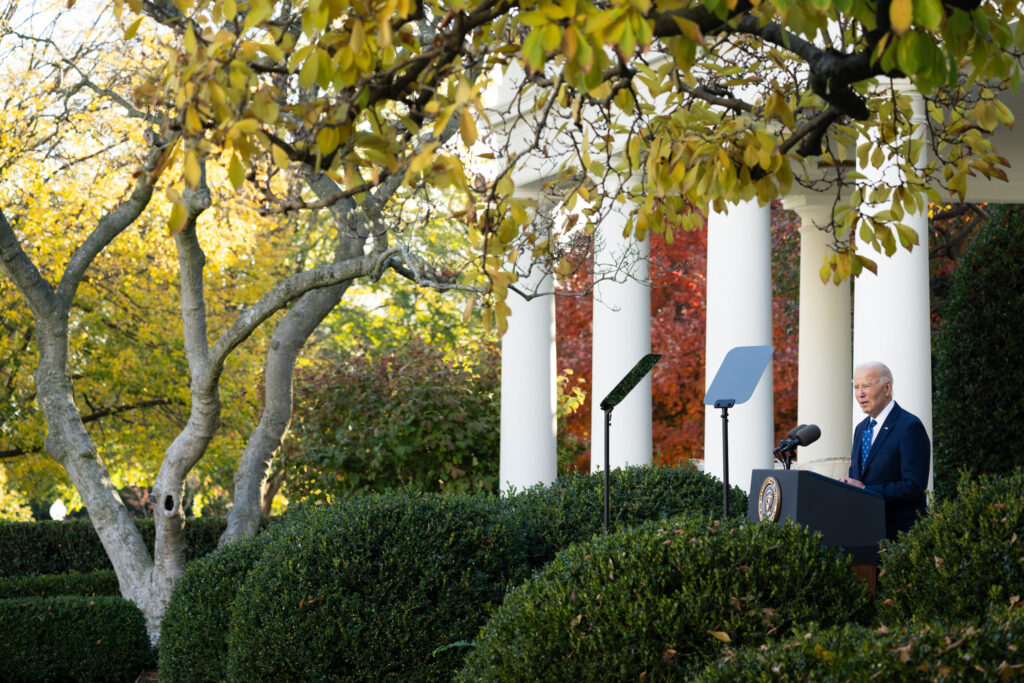
A decision not to have children could allow Britons to double their pension pot and guarantee a comfortable old age, according to new research. The nation’s birth rate has fallen to the lowest level since records began in 1938 as young adults struggling to pay for essentials such as energy bills, rents and mortgages have been unable to afford to think about starting a family. Separately, it seems an increasing number of couples - known as Dinks, meaning double income no kids - are making an active choice not to have children rather than face raising them amidst economic uncertainty.
Research by Standard Life found that couples who make this difficult choice can shore up their own finances through into old age by diverting cash that might have been spent raising children into a pension. Its calculations showed that someone who began working full-time with a salary of £25,000 per year and paid the minimum auto-enrolment contributions from the age of 22 could amass a total retirement fund of £208,000 at today’s prices by the age of 68, the expected state pension age for people born after 1977. However, assuming an even split across 18 years, the £166,000 cost of raising a child over 18 years works out as £9,222 a year.

Assuming someone directed this additional £9,222 a year into their pension for 18 years, Standard Life found that they could add £226,000 to their pension, potentially amassing a total fund of £434,000 – more than double the value. In addition to this, it found that even putting half this amount into a pension could lead to a "significant boost", as those with double income and no kids (Dinks) who put £4,611 into their pension could add £113,000 to their retirement fund at today’s prices, potentially building a pot of £321,000 at the age of 68. He said: “Standard Life managing director, Dean Butler, said that the rising cost of living and housing are vital reasons why many people choose to have fewer children.
“While a lower birthrate raises some worrying questions about the future of the state pension , with the likelihood of fewer people of working age supporting a greater number of retirees in years to come, there is perhaps the potential for a private pension boost.” He added: “With this year’s resurgence of DINKs on social media showcasing their time-rich lifestyle and how they’re choosing to spend their money, some might find themselves in the position to put a bit more away for the future. While they are likely to have a range of things they want to spend on in the short-term, channelling all or some into long-term savings could have a huge positive impact in later life.
” Sarah Coles, head of personal finance at Hargreaves Lansdown, said: “We’re in the middle of a baby bust. Those who do have children are doing so later in life, so if you’re planning on postponing having children, it’s worth considering your finances. “People are having children later for all sorts of reasons - including the fact that women are more likely to be studying into their 20s, and then establishing their career.
“Couples are also more likely to live together at older ages before marriage or children are on the agenda. And young people are wrestling with higher property prices, so they’re still saving for a property at the age when their parents had moved into their own home and started a family.” Research from UCL found that not feeling ready and not finding the right partner is preventing millennials (people born between 1981 and 1996) who want children from trying to have them.
Alina Pelikh, UCL research fellow and author of the report, said: “While those without children may be navigating the complexities of finding a partner and establishing their careers before parenthood, parents are grappling with the realities of balancing existing family and financial responsibilities with the prospect of having more children.”.














